Principal Investigator
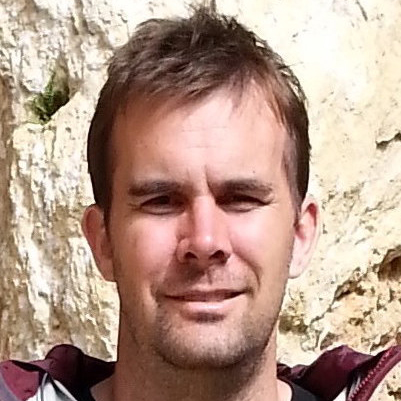
Brad Duchaine
Brad is a full professor in the Department of Psychological and Brain Sciences, Dartmouth College.
He has been here since June 2010. Previously he was senior lecturer and group leader of lab at University College London and a postdoctoral fellow at the Vision Sciences Lab at Harvard University.
He did his PhD at the Department of Psychology, University of California - Santa Barbara.
Present Lab Members - Postdoctoral Research Fellows
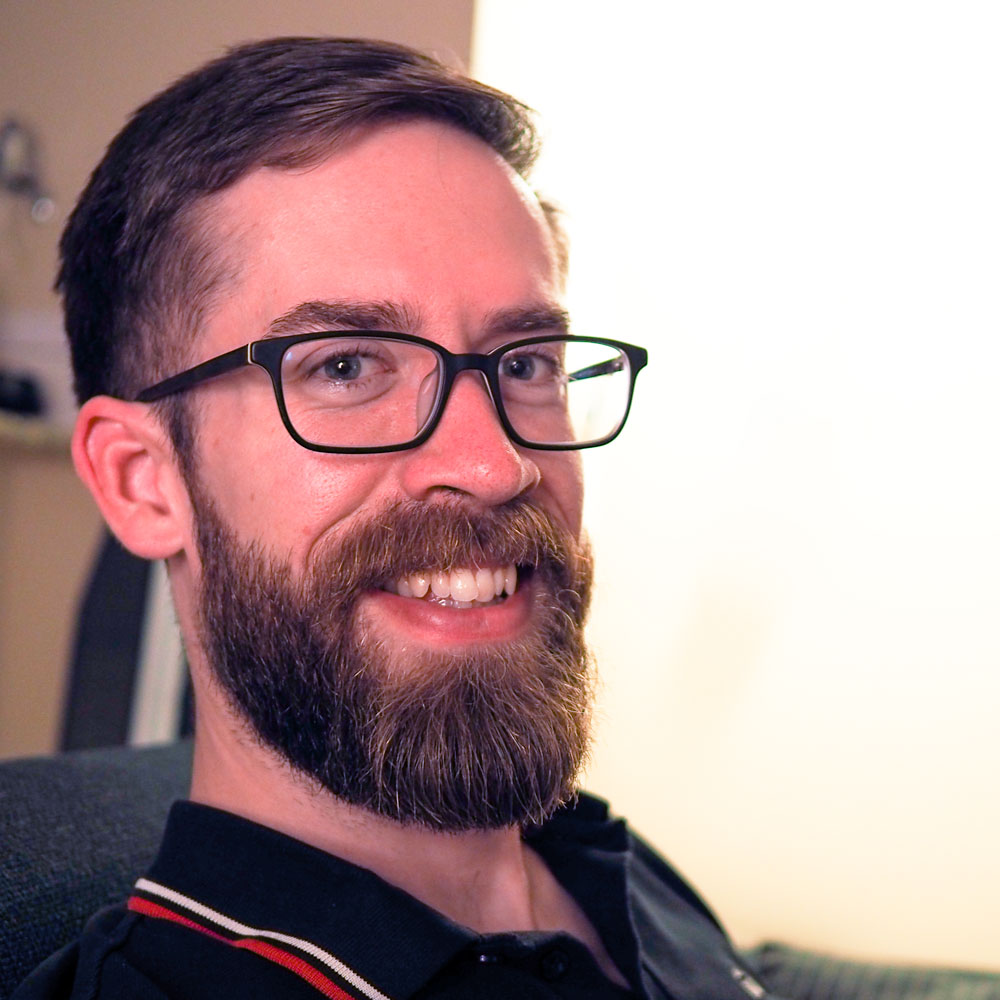
Daniel Stehr
Daniel received his PhD from the Department of Cognitive Sciences at the University of California in Irvine. There, he used behavioral and neuroimaging techniques to investigate how social perceptions are shaped by movements of the face and body. His interests are (broadly construed) action observation, face and speech perception, and attentional modulation of high-level vision. Daniel is originally from Canada and enjoys hiking and backpacking.

Siobhan McCourt
Siobhan recieved her Bsc in Psychology from the University of Plymouth and her MSc and PhD fron the University of Exeter. As a part of the Duchaine lab, she plans to explore how an individual's gaze fization for faces develops over time. She also hopes to gain a better understanding of the mechanisms underpinning prosopagnosia. Outside of her research, Siobhan enjoys cooking, baking, playing video games, and visiting aquariums.
Present Lab Members - PhD Students
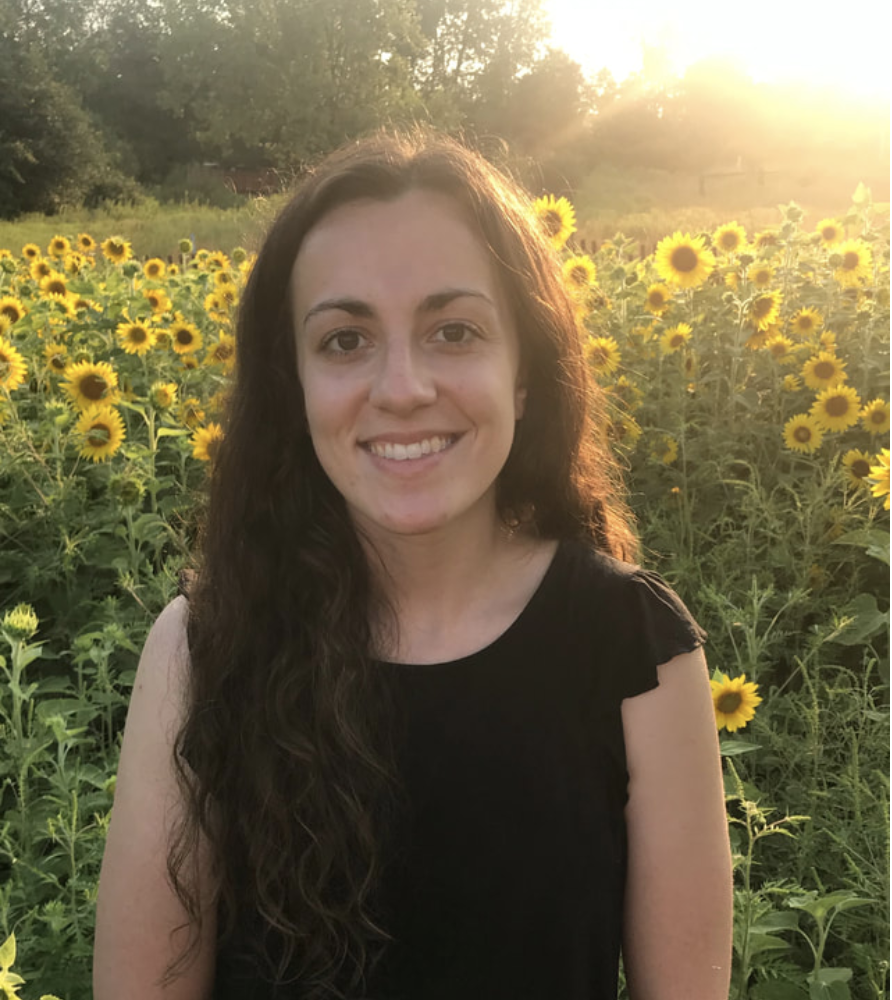
Alexis Kidder - PhD Student
Alexis graduated from the State University of New York at Geneseo with a B.A. in Psychology, and then spent three years in Chris Baker's lab as a IRTA research fellow at the National Institutes of Mental Health. Her research interests focus on using neuroimaging techniques to explore the interaction of vision and memory processing underlying facial recognition, and understanding the neural correlates of abnormal visual processing.
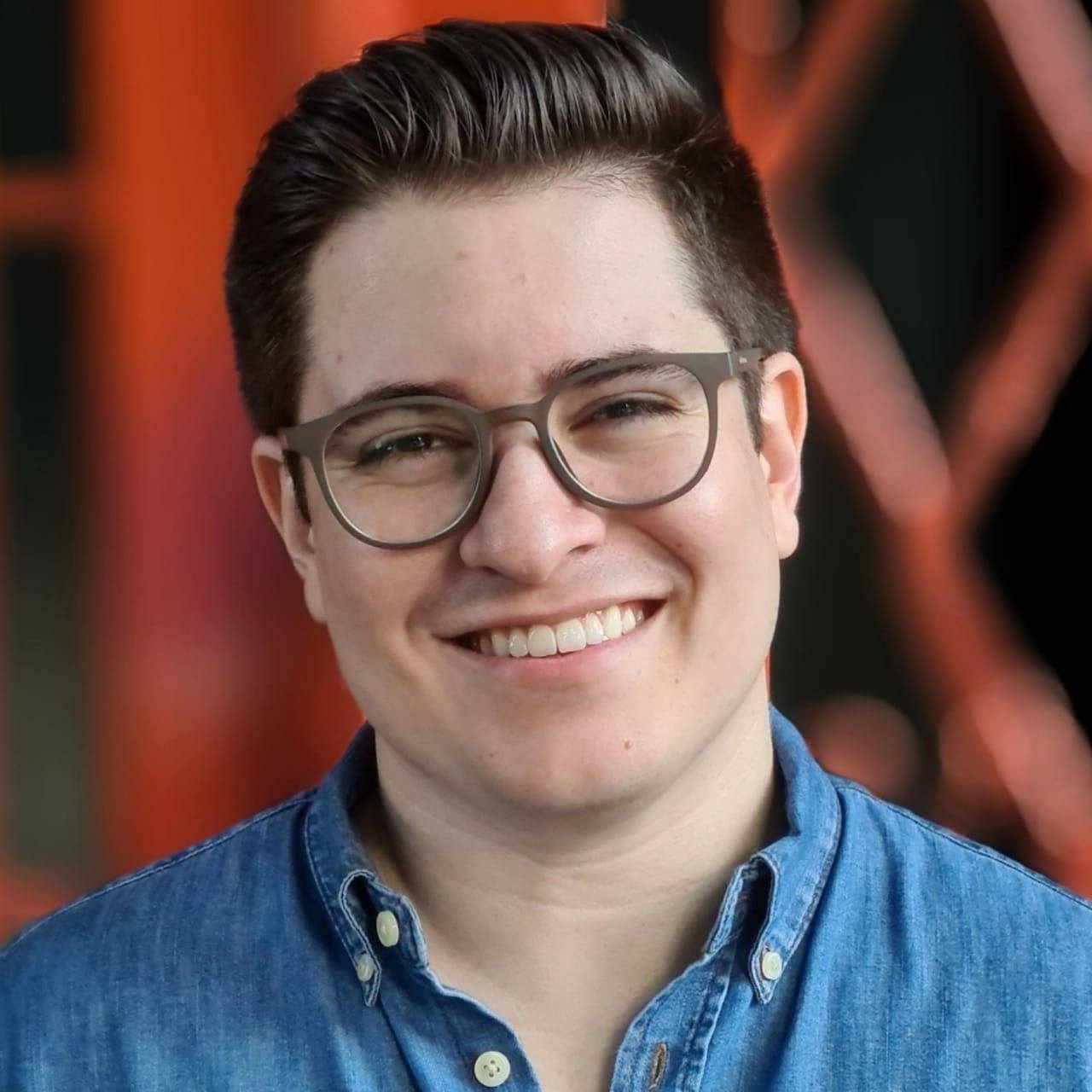
Antônio Mello - PhD Student
Antonio started his career as a lawyer in Brazil, having graduated from the Federal University of Ceara (bachelor's) and the Getulio Vargas Foundation (MBA). After getting interested in eyewitness memory, he continued his studies at the University of Fortaleza, Brazil, where he received a bachelor's in Psychology. Antonio is interested in understanding how and why people vary in their abilities to perceive and recognize faces. To answer these questions, he has been using behavioral and neuroimaging methods and working with atypical populations, such as individuals with prosopometamorphopsia, prosopagnosia, and super-recognition.
Previous Lab Members
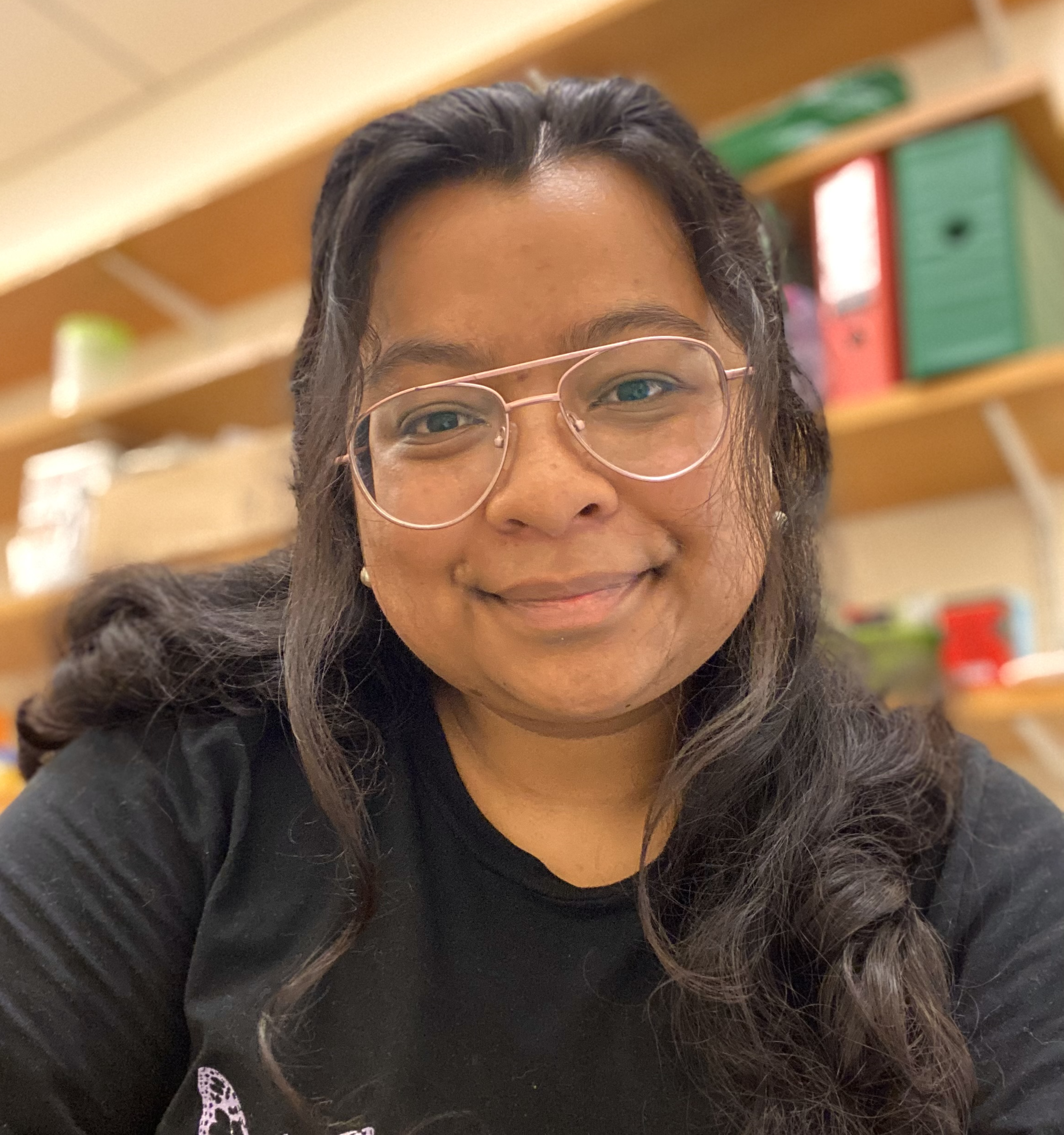
Anusha Patgiri
Anusha is a Research Assistant in the Social Perception Lab. She received her Bachelor's in Science in 2021 from the University of Pittsburgh, where she studied Neuroscience, Chemistry, and Music. Anusha is interested in using neuroimaging and behavioral testing to study music cognition in populations with prosopagnosia. Outside of work, Anusha teaches voice, and works on original music.
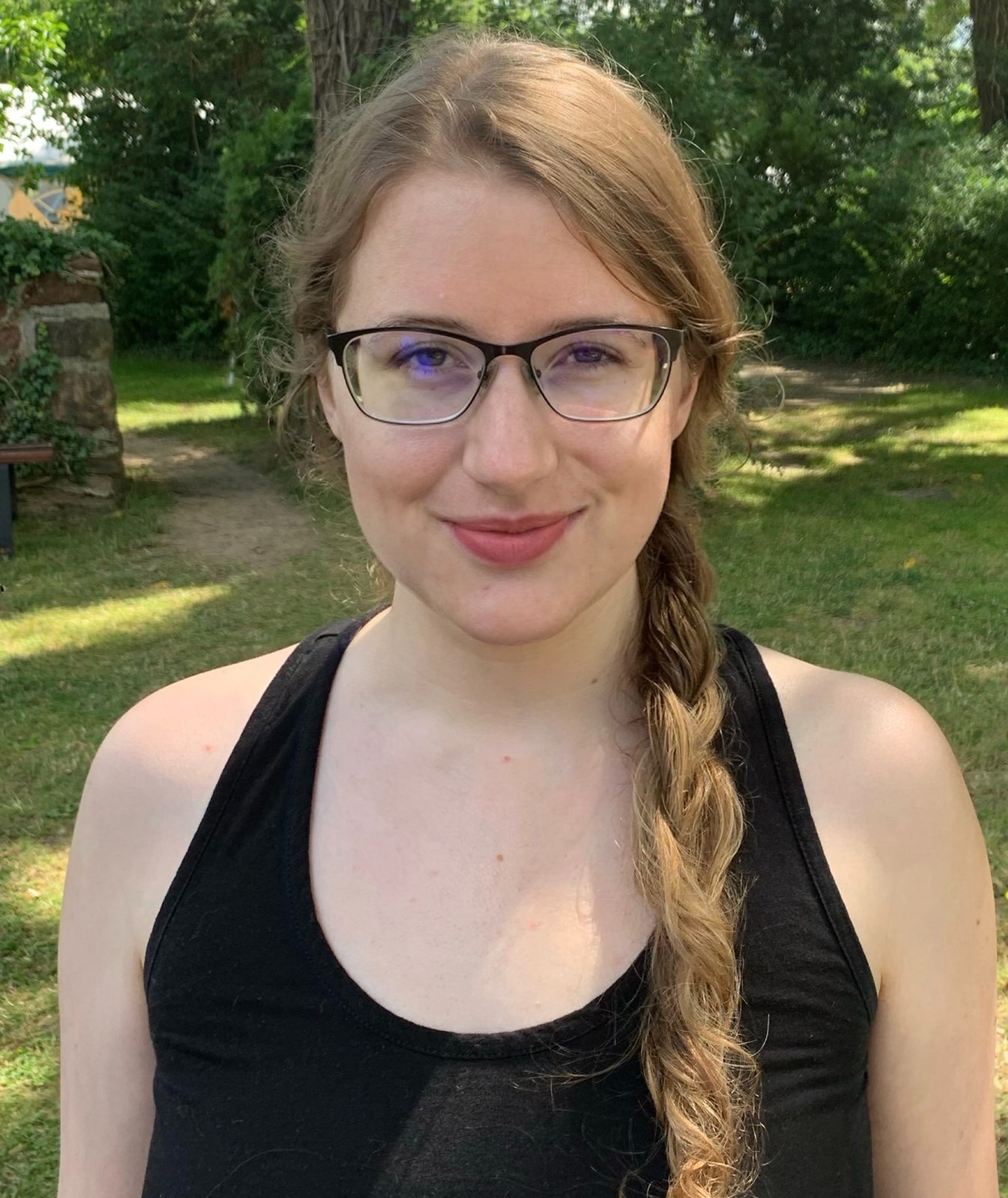
Marie-Luise (Mary) Kieseler - PhD Student
Mary is originally from Germany and has received her B.Sc. and M.Sc. in Psychology from Leipzig University. Having worked with Stephen Hinshaw and Jack Gallant at University of California Berkeley, she is now a PhD student in Brad Duchaine’s Social Perception Lab at Dartmouth. Her research interests are clinically motivated and currently she is interested in exploring how many and which sub-groups of prosopagnosia exist. Mary is utilizing behavioral and neuroimaging methods to answer these questions and works mostly with acquired cases.

Sarah Herald - PhD Student
Sarah received her B.S. from the University of Southern California. As an undergraduate, she worked in Irving Biederman's Image Understanding Laboratory on projects related to object recognition, face recognition, and developmental phonagnosia. Sarah is interested in using behavioral and neuroimaging methods to study higher level vision as well as social perception.
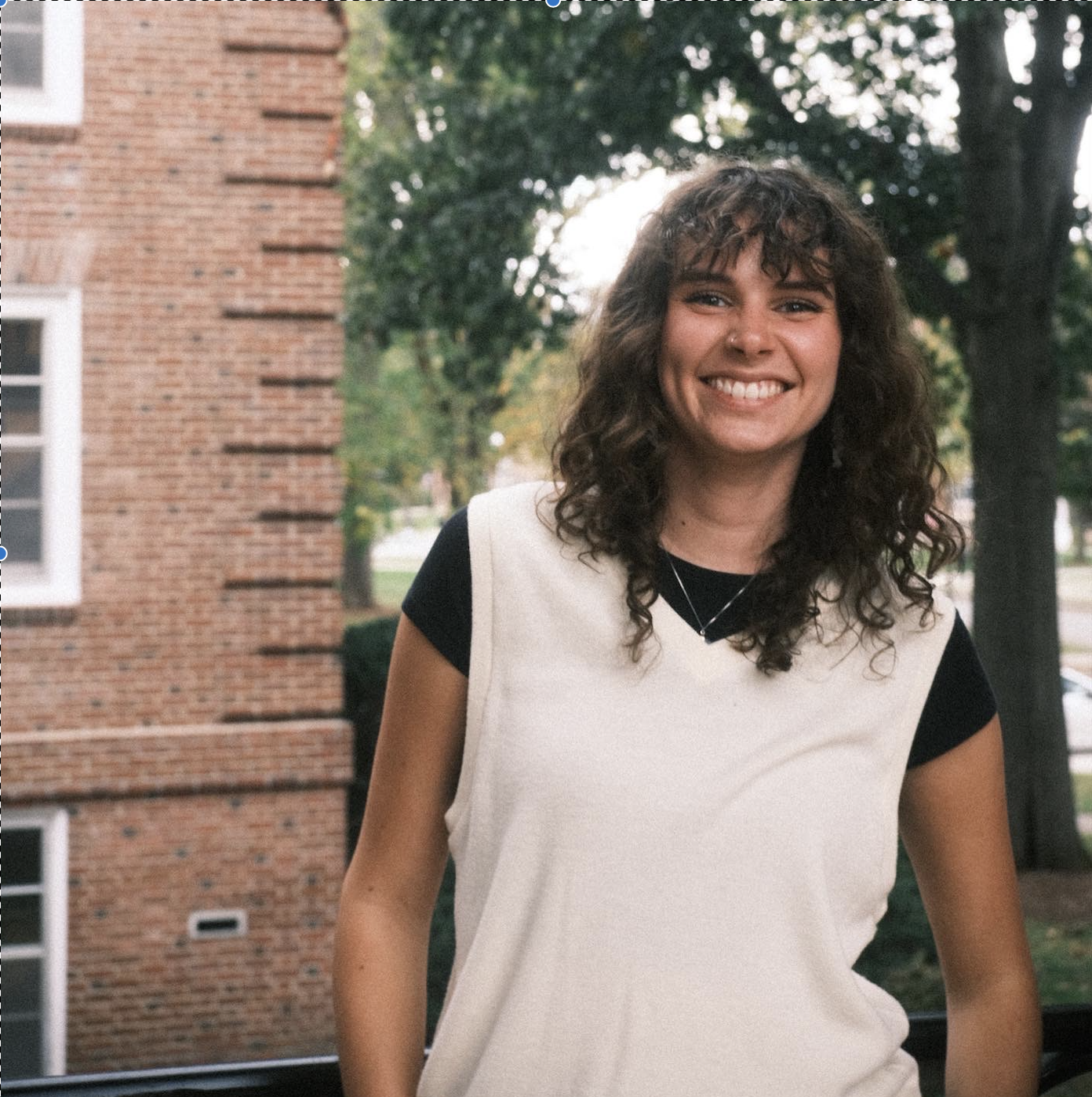
Sydney Fortner - Undergraduate RA
Sydney is an undergraduate student in the class of 2024 majoring in neuroscience. Her honors thesis uses fMRI and behavioral paradigms to investigate a developmental prosopometamorphopsia and identity misrecognition case study. Sydney also works as a Women in Science Peer Mentor, runs the local community kitchen, and is the president of her A Cappella group on campus. She will pursue a PhD in social cognitive neuroscience after graduating from Dartmouth.
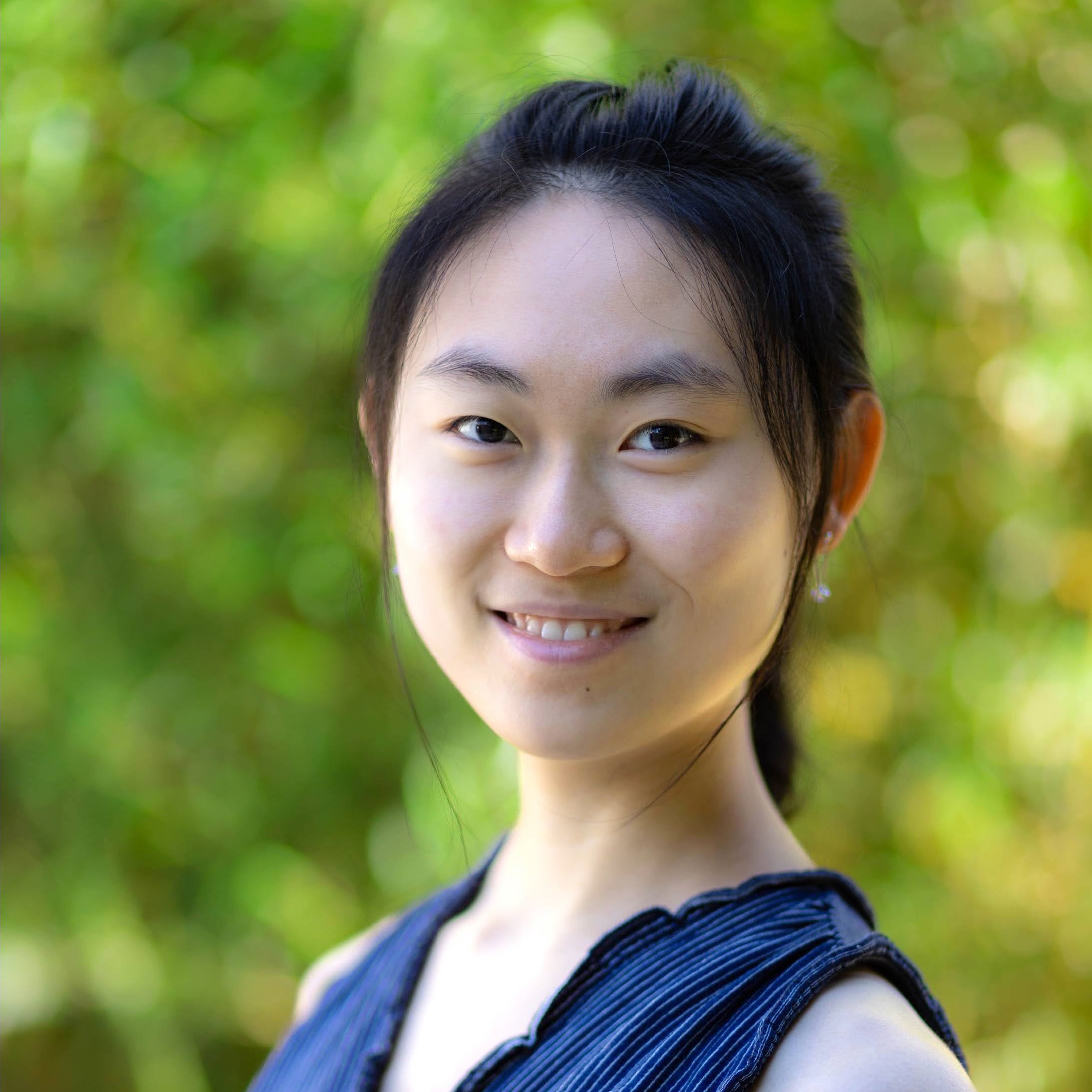
Elizabeth Li - Undergraduate RA
Elizabeth is an undergraduate student in the class of 2025 majoring in psychology and minoring in education. As a Stamps Scholar, her Stamps project investigates behavioral and neural differences in lateralization during face perception. Elizabeth is also passionate about prosopometamorphopsia, emotional face perception, and cross-cultural differences in face perception. She has also worked in the Smith Lab and the SCRAP Lab at Dartmouth College. Elizabeth founded the Dartmouth Psychological and Brain Sciences Student Society, and she is the President of Dartmouth Undergraduate Journal of Science.
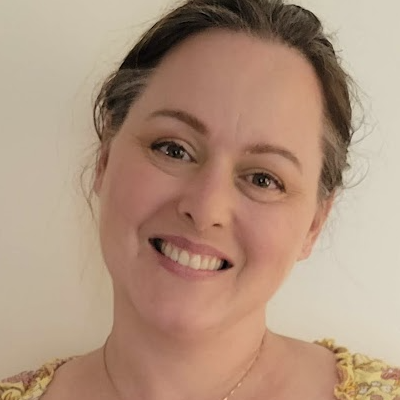
Sarah Kerns - PhD Student
Sarah served in the armed forces as a linguist, and raised a family before beginning her academic career. She attended Wellesley College as a Davis Scholar and graduated with a B.A in Biochemistry(H), and Psychology. After graduation, she spent three years as a research associate with Jeremy Wilmer and Ken Nakayama working toward an understanding of graph cognition and data visualizations that capture the individual human experience. Sarah is interested in applying her focus on measurement, measure-creation, and data communication to the physiological and psychological causes of face recognition/memory and their disruption.
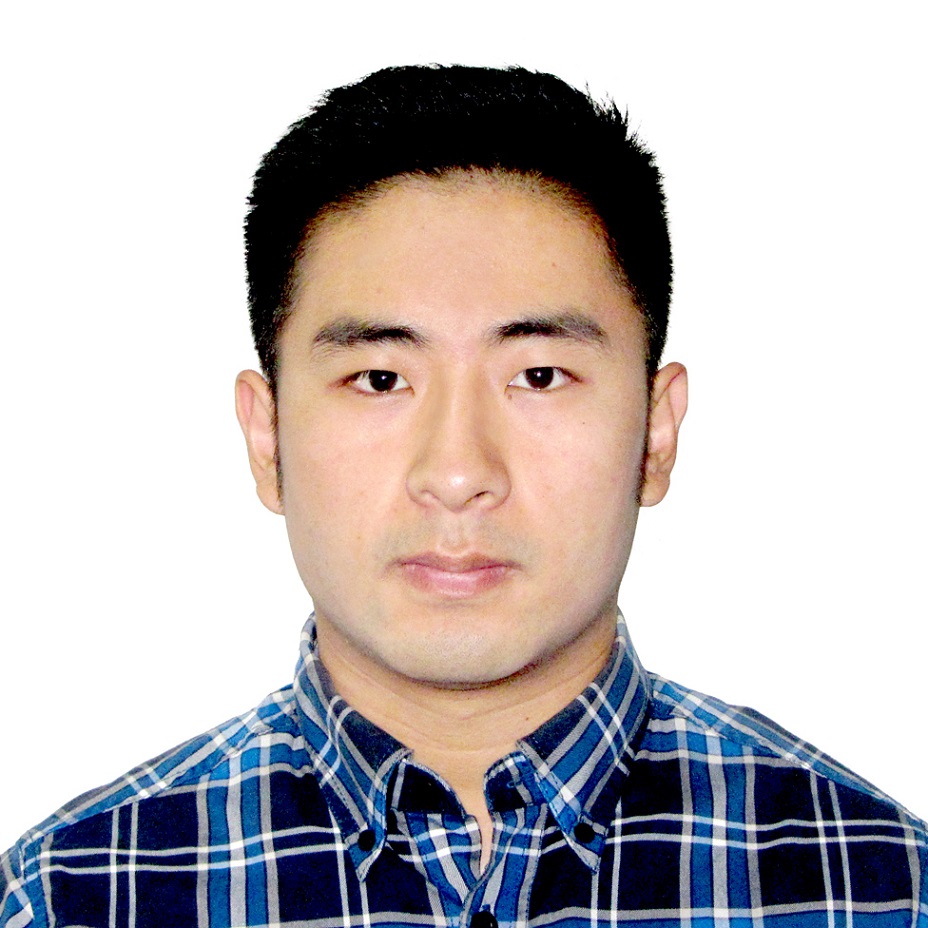
Yiyuan Zhang
Yiyuan is a graduate student at Boston College. He has a general interest in high level visual perception. Specifically, he is interested in the interplay between face perception, scene/object perception, and memory. He is also keen on building tools to help make cognitive research easier.
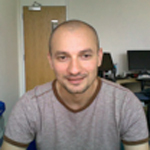
Constantin Rezlescu
Costi is a Postgraduate Research Fellow at the Cognitive Neuropsychology Lab at Harvard University. He is interested in learning about the mechanisms underlying object recognition, with a particular emphasis on face processing. He works with typical and neuropsychological populations to answer questions related to the functional and neural bases of face perception, the specificity of face mechanisms, prosopagnosia, the neural organisation and representation of object knowledge. Costi's PhD was supervised by Nick Chater and Vince Walsh at University College London. At Dartmouth he examined the facial identity recognition and impression formation by studying individuals with acquired prosopagnosia.
webpage email
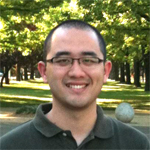
Tirta Susilo
Tirta is a lecturer at the Victoria University of Wellington in New Zealand. He uses psychophysics, patient studies, and individual differences to study face and object recognition and their disruptions in disorders such as prosopagnosia. Tirta worked with Brad Duchaine as a postdoc at Dartmouth College from 2011-2015.
webpage email
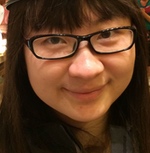
Jiahui Guo - PhD Student
What is the nature behind face recognition ability and what happens when we perceive a face? We interact with faces in our daily lives when we are on the street, at home, watching television, and even surfing the internet, but we still do not know exactly how our brains process this information. Jiahui's interest focuses on using both behavioral and neural imaging methods to understand the neural mechanisms behind face perception and recognition. She got her B.S. degree from Beijing Normal University in China and worked in Liu Lab during her undergraduate time.

Kirsten Dalrymple - Research Associate
Kirsten completed her Masters and PhD at the University of British Columbia in Vancouver, Canada. She is currently a Research Associate and Lecturer at the Institute of Child Development at the University of Minnesota, but maintains close ties with the Social Perception lab. Kirsten studies the development of normal and abnormal face recognition in children.
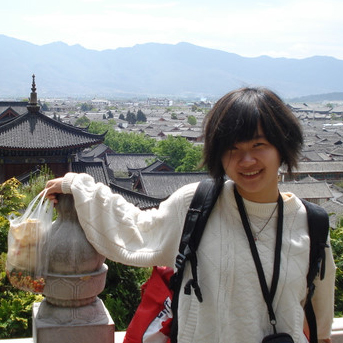
Hua Yang - Graduated PhD Student
Hua graduated as a PhD student from Dartmouth in 2015. She received her B.S. from Peking University and got trained in Fang Lab as well as Meng Lab.
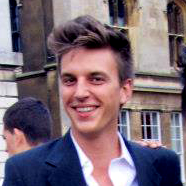
Zachary Potter - Research Assistant
Zack—a Napa, California native—has just graduated from UCSD with a BS in Psychology and is preparing to apply to medical school. He has been working in the lab since fall 2012, primarily developing and managing an online interface that the lab uses to run web experiments via Amazon Turk. Zack has also helped develop the Cambridge Body Memory Test. Zack plans to combine his research experience from this lab with those from his previous labs at UCSD and the University of Cambridge to help shape his future research interests.
CV email

Jesse L. Gomez
Jesse hails from the beaches of Southern California and was a neuroscience major at Dartmouth. He is now an assistant professor at Princeton Neuroscience Institute. He got his PhD at Stanford University studying the neuroscience of vision and perception. He is particularly interested in how the brain is wired up, how experience leads to changes in brain activity and organization across development, and what happens when this development goes awry.
webpage email
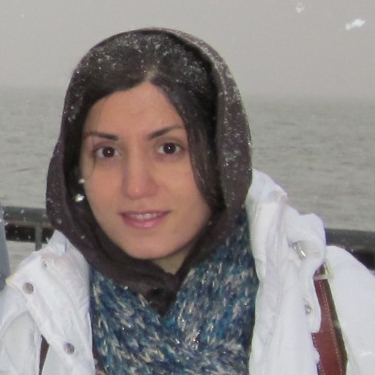
Zahra Basseda
Zahra received her M.D. from Tehran University of Medical Sciences. She had been self-studing neuroscience since the last year of high school. She had worked on emotional intelligence of psychotic patients, reward-associated memory, and face space models of face perception. Here she has developed tests to evaluate visual field asymmetries in aquired prosopagnosia. She has also designed web-based psychophysical experiments for testing remote subjects. Now she is designing new tests to evaluate object perception in humans.
webpage email
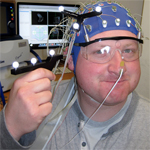
David Pitcher
David's research involves studying the neural correlates of face processing and object recognition in the human brain using TMS and fMRI. His PhD was supervised by Vincent Walsh and Brad Duchaine at UCL. After postdocs at MIT and NIH, David took a position as a lecturer at the University of York in England.
webpage email
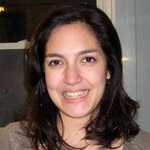
Laura Germine
Laura is an assistant professor of Psychiatry at Harvard Medical School and the creator of www.testmybrain.org. She was Brad's research assistant from 2005 to 2007. She did her PhD at Harvard University with Christine Hooker and also collaborated on many projects with Ken Nakayama and Jeremy Wilmer in the Vision Lab. Her research is in the area of Social Neuroscience and Psychopathology.
webpage email
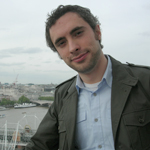
Michael Banissy
Michael is a lecturer at Goldsmiths College who spent some time in Social Perception Lab at UCL. He uses brain stimulation and brain imaging to study the neurocognitive mechanisms of social perception. He also works on synesthesia in the visual and tactile domains. He completed his PhD at UCL under the supervision of Vincent Walsh and has since completed an ESRC Postdoctoral Fellowship with Brad Duchaine.
webpage email

Richard Cook
Rich is a lecturer in the Psychology Department at City Univerity in London. His work with the Social Perception lab is concerned with the parallels and
dissociations between the perception of faces and bodies. He is interested in the degree to which bodies also recruit specialised
mechanisms, similar to those revealed through the study of faces.
webpage email
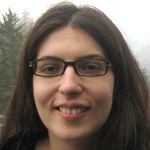
Lucia Garrido
Lúcia did her PhD at UCL supervised by Brad. Her research concerned how prosopagnosics recognise facial expression of emotion and she also investigated structural brain differences between those with and without developmental prosopagnosia. Lucia is also interested in voice recognition. After a postdoc at Harvard University with Ken Nakayama, Lúcia is now a Lecturer at Brunel University in London.
webpage email

Marta Ponari
Marta will start as a lecturer at the University of Kent in 2014, after completing her postdoc at UCL with Gabriella Vigliocco. She was a visiting student in the Social Perception Lab at UCL while she doing her PhD in Naples. Her PhD addressed a variety of aspects of face processing and facial expression recognition,
using behavioral, neuropsychological, and TMS experiments.
webpage email
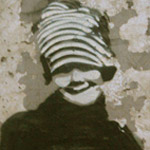
Raka Tavashmi
Raka was the lab Research Manager from 2007 to 2009. She was responsible for co-ordinating group projects, coding experiments, recruiting & testing subjects, data collection & management, and related activities. She is also the creator of this website. She has a BA in Philosophy and Psychology from the University of Pune, India, and an MSc in Cognitive Science from the University of Edinburgh.
email
Collaborators
- Sarah Bate Psychology Department, Bournemouth University.
- Jason Barton Neurology, Ophthalmology and Visual Sciences, Psychology, University of British Columbia, Canada.
- Martin Eimer School of Psychology, Birkbeck College, University of London.
- Nick Furl Department of Psychology, Royal Holloway, University of London.
- Nancy Kanwisher McGovern Institute for Brain Research, Massachusetts Institute of Technology.
- Elinor McKone Department of Psychology, The Australian National University.
- Galit Yovel Department of Psychology, Tel Aviv University, Israel.